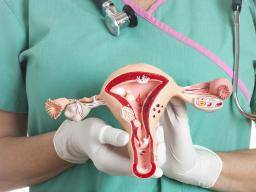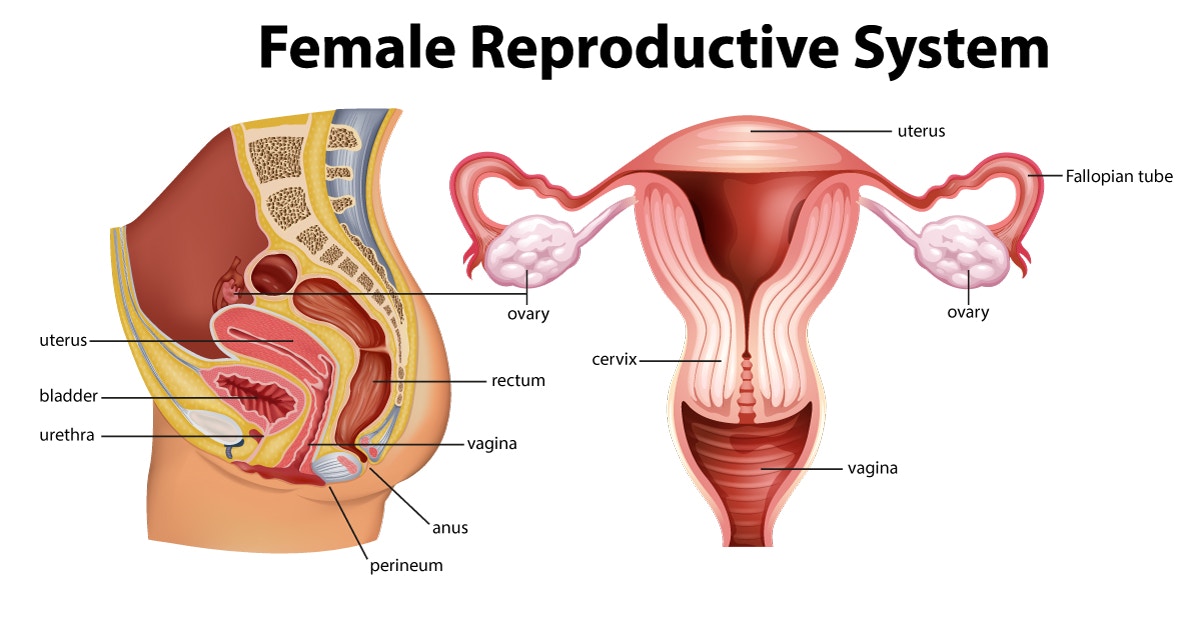Pregnant – Sinking Your Uterus Tilted

The word "tilted uterus" is not commonly used in modern medicine. Instead, doctors often refer to a tilted uterus as a retroverted uterus, or a "retroceded uterus." When a woman has a retroverted uterus, it causes the cervix to tilt, sometimes to an unnatural angle.
Women who have retroverted uterine sponges can experience pain, difficulty urinating, and blood clots in the vaginal area. These symptoms tend to occur after a few months of using the retroceded uterus.
Gynecologists who specialize in gynecology usually do a pelvic exam to rule out other medical conditions, such as pelvic inflammatory disease or cysts. The doctor may also order tests to determine the cause of the retroversion.
Some causes of uterine tilt include ovarian cysts, polycystic ovary syndrome (PCOS), and tumors. In polycystic ovary syndrome, the ovaries produce too many eggs at the same time. This causes the ovaries to excrete too much fluid, which puts pressure on the abdominal walls, causing discomfort during bowel movements. With ovarian cysts, fluid builds up around the cyst and can press against the vaginal walls, causing pain during sex.
A retroverted uterus can also be caused by tumors. Doctors will do a biopsy to determine if there is any cancerous tissue. The doctor can do this while the woman is under general anesthesia, or they can do it as part of a routine medical examination.
Some women may experience pain and difficulty urinating after an ovarian cyst. If you experience pain when urinating, this is another symptom that could be a sign of an ovarian cyst, so it is important to discuss treatment options with your doctor.
Pregnancy is a time when the body undergoes many changes. Sometimes these changes can lead to stomach problems. During pregnancy, the belly enlarges due to the increased production of estrogen in the body.
Pregnancy forces the body to produce more progesterone than estrogen, and this imbalance can lead to many changes, including hormonal changes, including increased pressure on the abdomen. and decreased pressure in the pelvis. This causes the cervix to tilt as the belly pushes the cervix forward, making it appear larger. If the cervix tilts, it may not close properly, leading to pain and bleeding after childbirth.

In many cases pregnancy also causes the uterus to tilt slightly forward and downward. When this happens, the body may not be able to properly support the developing fetus, and it may develop abnormalities such as jaundice or cysts in the lining of the uterus.
Pregnancy and fertility treatments can help correct the tilt of the uterus and improve the quality and placement of the baby's heart. Your doctor may refer you to a specialist in this area, who can prescribe medicines to reduce the pressure on the abdomen and help you get pregnant.
Infertility can affect many women and can cause them to have a tilted uterus. In this case, your doctor may recommend treating the infertility by doing hormonal treatments. to improve ovulation and helping the body produce more progesterone. so that the body can produce more estrogen, which is needed for pregnancy.
There are several reasons why some women are unable to conceive. One of these reasons is that the egg follicles are unable to reach the egg, and a couple's chances of conceiving diminish. Because of this, they can't conceive.
If you are a couple experiencing infertility, a fertility specialist may suggest that you discuss fertility issues with him or her. Your doctor may offer advice on fertility treatments that can help with getting pregnant.
You will likely be offered several different fertility treatments, but each one has its own side effects. One of the more common treatments is to use a sperm retrieval device. This involves inserting a device through the vagina into the fallopian tubes and allowing sperm to move back and forth into the uterus and fallopian tubes to be retrieved by the sperm.
The specialist will probably advise you to try other treatments first. The most effective way to get pregnant is to take the help of an infertility specialist and fertility expert. This will allow the specialist to do a complete examination and analysis of your ovaries, kidneys, liver, pituitary gland and testicular tissues. so that you can pinpoint what's causing your infertility and what treatment will best suit your body.
The specialist can then make recommendations about the best treatment options to get you pregnant and avoid having to deal with the side effects of your current infertility treatment. Some of these treatments may include medication or surgery. If you find it difficult to choose which option is right for you, talk to a fertility specialist for help.